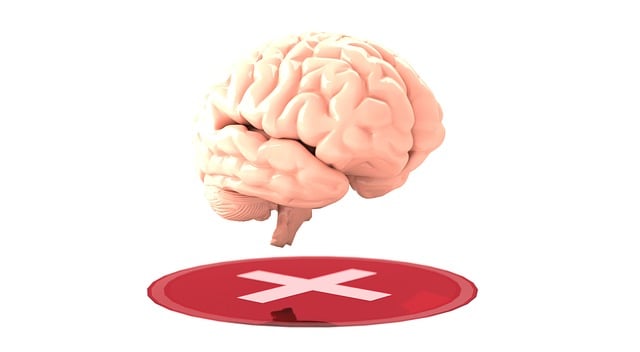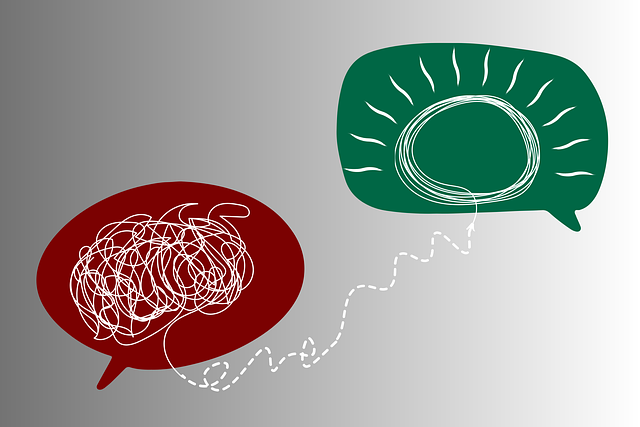Mental health professionals at Arvada Anger Management Therapy face unique risks like secondary trauma and burnout due to intense emotional connections with clients and exposure to traumatic experiences. Effective risk management strategies include staff training on crisis intervention, implementing safe space practices, encouraging mental wellness journaling or podcast participation, and establishing clear protocols for issue response. Integrating anger management techniques into sessions and providing comprehensive mental health education focusing on stress management and resilience building are also crucial. Continuous monitoring, regular assessments, and proactive interventions ensure patient safety and well-being, allowing Arvada Anger Management Therapy to deliver quality care tailored to individual needs.
“In the dynamic field of mental health, professionals confront unique risks daily. From intense emotional narratives to complex patient interactions, the potential for hazards like burnout, secondary trauma, or even violent outbursts is ever-present. This article explores strategic risk management planning, a vital tool for Arvada Anger Management Therapy practitioners and beyond. We’ll navigate through understanding specific mental health risks, developing robust plans, implementing mitigation strategies, and ensuring continuous adaptation for optimal patient care.”
- Understanding the Unique Risks in Mental Health Practice
- Developing a Comprehensive Risk Management Plan
- Strategies for Mitigating and Responding to Potential Hazards
- Continuous Monitoring and Adaptation for Optimal Patient Care
Understanding the Unique Risks in Mental Health Practice

Mental health professionals encounter a unique set of risks that differ from those in other fields. The nature of their work involves intense emotional connections and often deals with complex, sensitive, and challenging client issues. One significant risk is secondary trauma or burnout, as practitioners may absorb their clients’ traumatic experiences. This can lead to feelings of exhaustion, compassion fatigue, and reduced empathy over time.
Additionally, in Arvada Anger Management Therapy sessions, therapists must be vigilant about managing their own emotions while guiding clients through intense anger-related issues. They play a critical role in crisis intervention guidance, requiring cultural sensitivity and adaptability to diverse client backgrounds. Factors like work overload, limited resources, and lack of self-care can exacerbate these risks. Understanding these challenges is the first step towards implementing effective risk management strategies tailored to mental health professionals’ unique needs.
Developing a Comprehensive Risk Management Plan

Developing a comprehensive risk management plan is an integral part of ensuring the safety and well-being of both mental health professionals and their clients. This involves identifying potential risks, creating strategies to mitigate them, and establishing clear protocols for responding to any issues that arise. At Arvada Anger Management Therapy, we recognize the importance of such planning in fostering a secure environment conducive to healing.
A robust risk management plan includes regular staff training on crisis intervention techniques, implementation of safe space practices, and encouraging clients to engage in mental wellness journaling exercises or participate in our mental wellness podcast series production as therapeutic outlets. By combining these strategies, mental health professionals can proactively navigate challenges, ensuring the continuity of effective therapy and enhancing overall mental wellness for all involved.
Strategies for Mitigating and Responding to Potential Hazards

Mental health professionals, like their counterparts in other fields, face unique challenges that require robust risk management planning. To effectively mitigate potential hazards, therapists and counselors should incorporate strategies tailored to the sensitive nature of their work. One such strategy involves integrating anger management techniques into therapy sessions, especially in Arvada Anger Management Therapy programs, to address and defuse intense emotions before they escalate. This proactive approach not only enhances patient safety but also fosters a more controlled environment, enabling professionals to provide quality care.
Additionally, mental health education programs should focus on designing comprehensive curricula that cover stress management and resilience building. By equipping themselves with these skills, professionals can better navigate challenging situations, maintain their emotional well-being, and respond effectively to crises. Such initiatives are pivotal in creating a supportive ecosystem where both patients and practitioners can thrive, ensuring the delivery of high-quality mental health services.
Continuous Monitoring and Adaptation for Optimal Patient Care

Mental health professionals must embrace a dynamic approach to risk management, recognizing that patient needs and behaviors can evolve over time. Continuous monitoring involves staying vigilant and attuned to each client’s unique progress, challenges, and potential triggers. By regularly assessing their emotional state, thoughts, and behaviors, therapists can identify emerging risks or signs of relapse early on. This proactive strategy allows for timely interventions, ensuring the safety and well-being of both patients and practitioners.
Adaptation is key to optimal patient care in this context. Therapists should be flexible and open to adjusting treatment plans based on ongoing assessments. Incorporating self-awareness exercises can empower clients to better understand their emotions and triggers, fostering a deeper sense of agency. Additionally, public awareness campaigns development and empathy building strategies can contribute to a supportive environment, enabling patients to seek help promptly and adhere to treatment protocols. This adaptive approach ensures that Arvada Anger Management Therapy remains effective and tailored to the ever-changing needs of each individual.
Mental health professionals, much like their patients, face unique challenges that require proactive risk management. By understanding the specific risks inherent in their practice, such as those related to intense emotions and potential violence as seen in anger management therapy settings (e.g., Arvada Anger Management Therapy), therapists can develop robust plans to mitigate these hazards. This involves implementing strategies for early identification and intervention, as well as adapting continuously to ensure optimal patient care and safety. Embracing a culture of continuous monitoring fosters a dynamic approach to risk management, allowing professionals to navigate the complex landscape of mental health practice with confidence and resilience.










